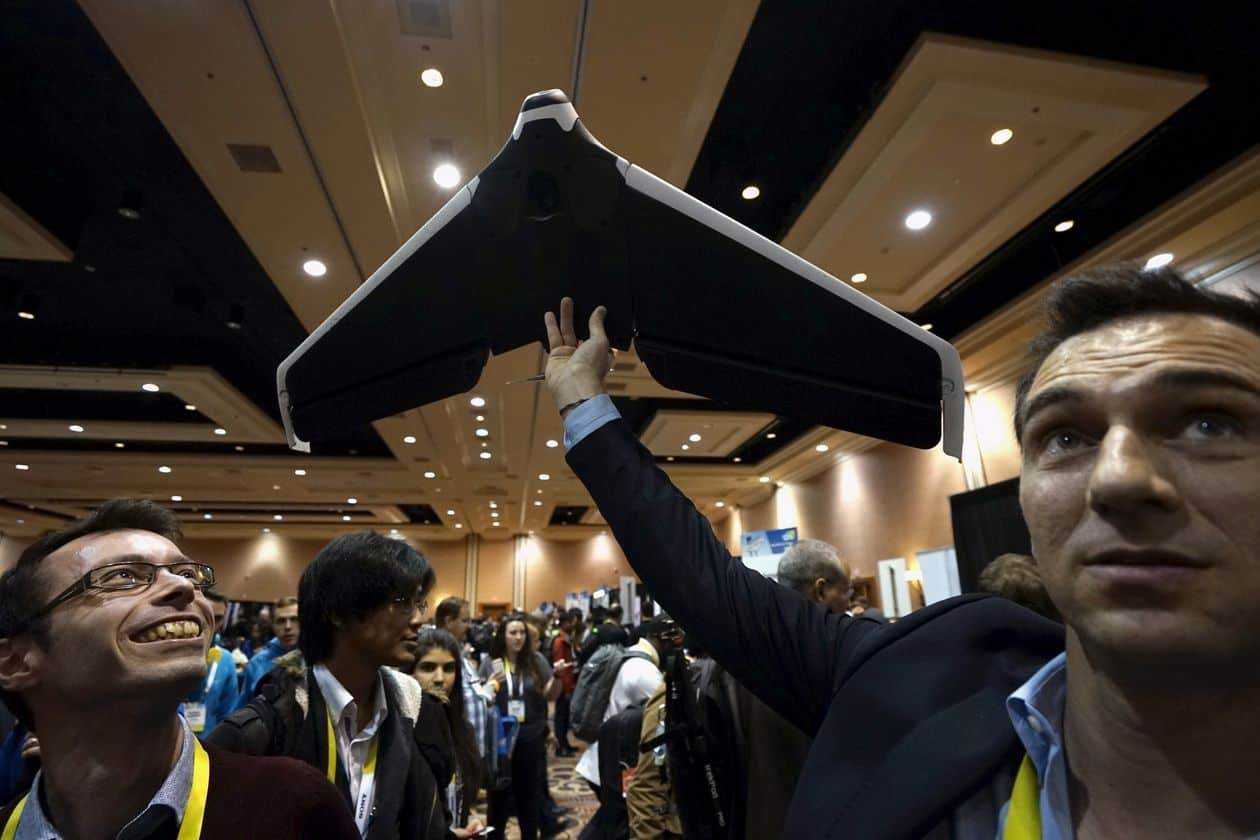Pentagon Approves Five Drone Makers for Military Sales

The U.S. Department of Defense has given five small drone manufacturers permission to sell to the U.S. military and federal agencies, in the wake of last year’s ban on these agencies buying Chinese-made drones.
Pentagon officials said four U.S. companies—Skydio Inc., Vantage Robotics, Altavian Inc. and Teal Drones—were approved after 18 months of testing, along with France’s Parrot SA PARRO -2.23% .
“We are putting these tools in the hands of our war fighters in very critical times, and we need to ensure that the technology in their hands is not only cutting edge but is also secure,” said Michael Kratsios, the president’s top technology adviser who was also recently named the Pentagon’s acting undersecretary of defense for research and engineering.
The U.S. military has used small aerial drones for decades and has tried to expand its fleet. Defense Department officials requested for its 2019 budget nearly $280 million for small-drone purchases—enough to buy more than 3,000 of them—up from $89 million the year before, according to the Center for the Study of the Drone at Bard College in New York.
The Pentagon in 2018 largely banned purchases of commercial, off-the-shelf drones until it could determine how to mitigate security risks, including when drones are used for surveillance of military installations and critical infrastructure.
In 2019, Congress formalized that ban with a federal law that prohibits the purchase of Chinese drones for the Pentagon and other federal agencies.
Compared with the U.S. military’s existing inventory of smaller drones, the newly accessible line of drones are more portable, easy to use and meant to launch in less than two minutes, helping U.S. soldiers get visual help in their environments, said Defense Department official Chris Bonzagni. Most of the U.S. military’s existing drones take more time to launch and are controlled by more senior, commanding leaders, he added.
The $18 million project to identify “safe for government use” drones was led by the Pentagon’s Defense Innovation Unit, which recruits Silicon Valley tech and other commercial innovators to help solve its problems. Several of the companies hadn’t worked with the Defense Department before the effort, Mr. Bonzagni said.
The drones, priced between $7,000 and $15,000, will be available for purchase through the federal government’s procurement website in early September.
China’s DJI Technology Co. is the world’s biggest drone maker, and some of its drones were purchased in years past by federal agencies.
In 2017, the U.S. Department of Homeland Security warned that it believes DJI was “selectively targeting government and privately owned entities…to expand its ability to collect and exploit sensitive U.S. data.”
DJI officials have disputed that claim.
Mr. Kratsios, the Pentagon’s acting chief technology officer, said that beyond the Defense Department, the new availability will have “tremendous spillover effects that are going to benefit” other federal agencies that rely on smaller drones.
Photo: Representatives from the French drone maker Parrot, one of the companies approved to sell to the U.S. military, with a prototype. - PHOTO: RICK WILKING/REUTERS




